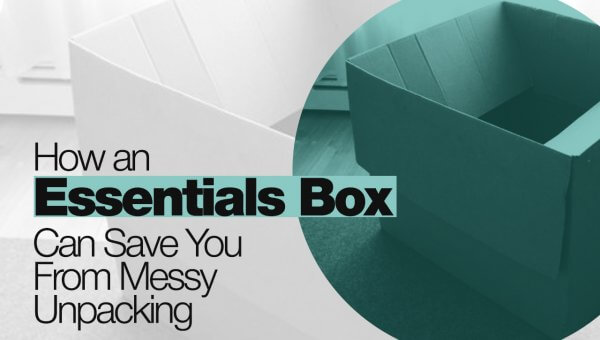When you are moving, you have little time to stop and deal with problems. Many moving problems, like not being able to pay for damaged items, are preventable. Learn more about different types of protection when you hire a professional mover to handle your relocation.
All Companies Are Liable
The Federal Motor Carrier Safety Administration requires that all movers claim liability for damaged items that occurs because of their actions. So, if they damage your belongings, they cannot avoid responsibility. However, the insurance that they provide may not be enough to help you recover from an accident.
The Reasons for Coverage
Moving insurance is financial coverage for any damages or losses that occur during a move. Although the services vary, a typical moving company has services for packing, unpacking, and relocating items from one location to another. Customers may find additional services for house cleaning or temporary storage.
No moving company, regardless of their experience, can guarantee that any of its services will run smoothly. After all, everyone is human. Some accidents happen that are not their fault. However, every mover needs to offer basic insurance to customers. The point is to protect their personal belongings and to prevent the filing of lawsuits.
Types of Coverage
Full value and released value coverage are the two primary types of insurance policies available to those moving. Full value protection covers the full value of your personal belongings. If the mover damages your items, they pay for the replacement or repair costs.
Released value coverage has a maximum limit of 60 cents per pound per item. The coverage is determined by the item’s weight and not the marketplace value. There is no charge compared to the full value option.
Moving insurance may not extend to natural disasters, floods, acts of violence or strikes. Choose the right type of protection when you complete the bill of lading. First, review your homeowners’ insurance policy and determine the amount of coverage that they provide during your move.
The Need for Additional Coverage
Review additional coverage options that you may need. You could buy a separate liability plan from an insurance company. Then, the mover compensates you for the released value, and the insurance company covers the remaining costs.
The two main types of moving are residential and commercial. Business owners and office professionals have access to more moving insurance choices. For instance, logistics insurance covers lost or damaged items and modifiable property insurance to cover building damages. First, select a company that specializes in business relocations.
When you work with any California moving company, it’s important that you review the options first. Know about the most common types of insurance policies and learn more about additional coverage options. The longer the distance of the move is, the more likely you need financial protection. Make sure that you are prepared for every aspect of the move.




